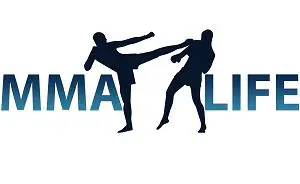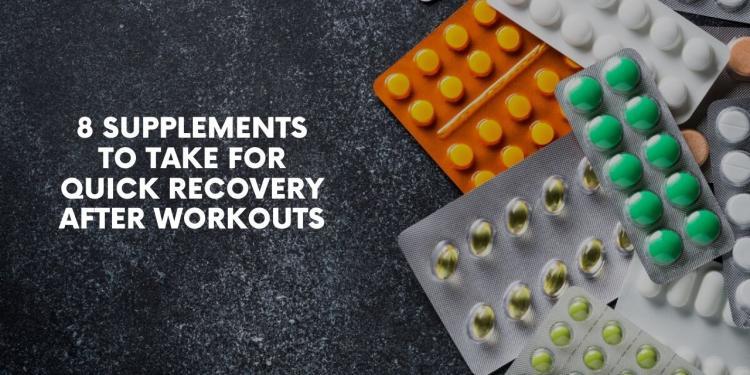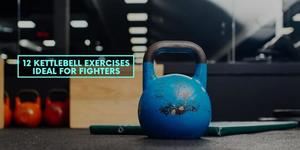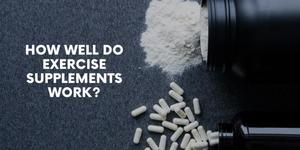You are what you eat, and this applies to your supplements, too.
If you want to get back into the gym or the cage faster than ever, support your body’s natural recovery process with the following nutritional strategies.
Each item on the list below will help you to repair your muscles, flush out metabolic waste from your last training routine, and support the growth and strength of important muscles and connective tissues.
The Foundational Recovery Stack
If you haven’t already, start with these basics. They’re all backed by dozens upon dozens of studies that prove their effectiveness for exercise recovery and athletic performance.
1. Branched Chain Amino Acids (BCAAs)
These essential amino acids are the building blocks of protein, and are also critical for recovery:
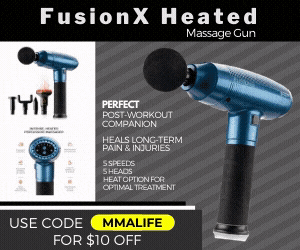
- BCAAs may boost protein synthesis in your muscles by up to 22%
- BCAAs protect against muscle damage, which can help to cut back the severity and the duration of delayed onset muscle soreness (DOMS)
- Clinical studies have specifically shown how BCAAs expedite recovery
2. Creatine
Creatine is one of the few workout supplements that’s nearly unanimously supported by academics, coaches and athletes alike. In fact, the International Society of Sports Nutrition labels is at one of the world's most effective, most well-researched supplements for muscle growth.
Not only does it help you to work out harder in the gym, but it also enhances recovery, speeds up muscle repair, and reduces muscle pain.
3. Protein shakes
There’s a reason you’ll find a big tub of protein powder in every athlete’s kitchen cupboard.
Recovery starts with refuelling your body, and no matter what type of workout you did, you need protein to support muscle repair.
The American Council on Exercise notes that maximum recovery occurs when you eat 20 grams of protein within the first hour or two of leaving the gym.
Recovery Supplements to Take It to the Next Level
These supplements are incredibly effective for recovery, but many MMA fighters, bodybuilders and athletes don’t think of them as recovery-specific. Adding these to your daily supplement stack can help you to compete and perform at a whole new level.
1. Coenzyme Q10
Colloquially known as CoQ10, this antioxidant's name is quite a mouthful, but offers a host of benefits. It's been linked with reduced muscle fatigue in athletes, and it also helps with muscle inflammation while boosting your cardiovascular health.
What's especially promising is CoQ10's effect on mitochondrial function. The mitochondria in your cells are responsible for producing energy in your muscles, and can help with muscle repair and endurance.
One study found that taking CoQ10 for just 60 days resulted in significant reduction in cell stress and an improvement in mitochondrial function.
2. Probiotics
You probably already know that a healthy gut, filled with healthy gut flora, is essential for the digestion and absorption of nutrients and the synthesis of protein. Better digestion and nutrient absorption is one of the building blocks for a quick, speedy workout recovery.
Probiotics also help your immune system, your elimination of toxins and waste, and so much more. But did you know that probiotics can actually influence your hormones, muscle growth and fat gain?
Probiotics have been linked with moderating and regulating your estrogen levels. An imbalance in estrogen negatively affects your workouts.
Researchers have also found that taking probiotics may reduce cortisol.
Cortisol, also known as the “stress hormone,” affects muscle protein synthesis and may cause poor recovery and even muscle wasting (losing muscle). Elevated amounts of cortisol has even been linked with fat gain in men.
Take a probiotic supplement to boost recovery and protect your muscle gains. Besides supplements, you can also eat more fermented foods, such as yogurt, kefir and kimchi (Korean pickled cabbage).
3. Cucurmin
Cucurmin is the active compound found in turmeric, the delicious spice that give flavor and color to curry and some of your favorite Indian foods.
Cucurmin has been shown to reduce muscle swelling and muscle pain. It’s important to note that curcumin isn’t very bioavailable, meaning eating a scoop of turmeric likely won’t give you the full benefits of this recovery-boosting antioxidant. In this specific case, a supplement is likely better than a whole foods option.
4. Omega-3 fatty acids
After a workout, your muscles are inflamed. While that is a natural response to exercise, excessive or chronic inflammation slows down your recovery and increases your risks of delayed onset muscle soreness.
Omega-3 fatty acids have powerful anti-inflammatory properties. Not only do they reduce muscle inflammation, but they may also help with muscle pain and joint pain.
Unfortunately, many Americans don’t get enough of these healthy fats, warns the National Institutes of Health.
Take fish oil pills daily, or add salmon, mackerel or similarly fatty cold-water fish to your weekly meal plan. If you’re vegan or follow a plant-based diet, vegetarian sources of omega-3 fats include flaxseed, flax oil and chia seeds.
5. Buffers
As you exercise, lactate builds up in your body. This build-up is associated with muscle damage, inflammation, fatigue and poor endurance.
To help both during your workout as well as during your recovery period, consider taking a buffer supplement. Buffers work to help minimize the build-up of lactate, thus proactively enhancing recovery down the road.
Three common buffers are beta-alanine, sodium bicarbonate and citrulline. These are usually taken as part of your pre-workout routine, though their effects are most noticeable during and after your sweat session.
